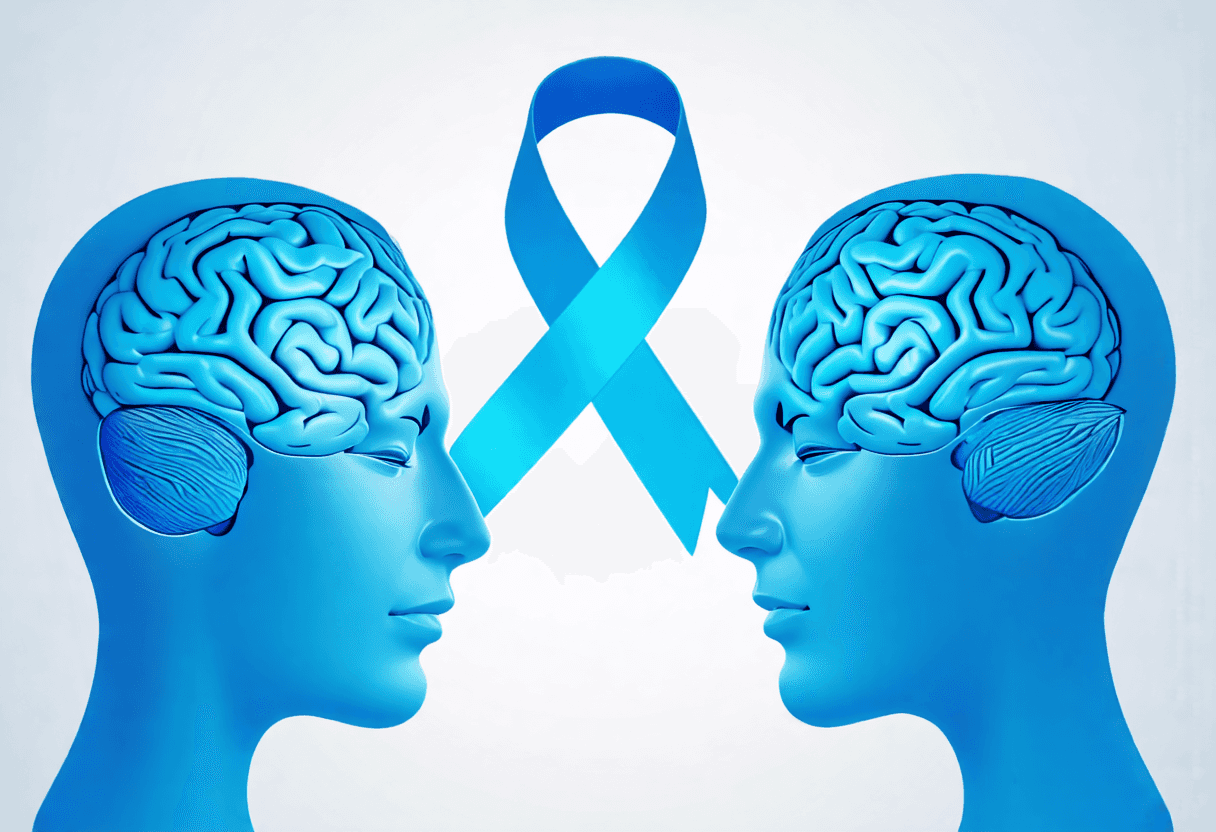
Colon Cancer and Mental Health
22 Oct, 2024
 Healthtrip
HealthtripWhen we think of cancer, we often focus on the physical toll it takes on our bodies. But the truth is, cancer can also have a profound impact on our mental health. For individuals diagnosed with colon cancer, the emotional journey can be just as challenging as the physical one. From the initial shock and fear of diagnosis to the uncertainty of treatment and recovery, colon cancer can take a significant toll on a person's mental wellbeing. In this blog, we'll explore the complex relationship between colon cancer and mental health, and why it's essential to prioritize emotional care alongside medical treatment.
The Emotional Toll of Colon Cancer Diagnosis
A colon cancer diagnosis can be a life-altering event, leaving individuals feeling overwhelmed, anxious, and depressed. The initial shock of diagnosis can trigger a range of emotions, from fear and uncertainty to anger and denial. As the reality of the situation sets in, patients may struggle to come to terms with their new reality, leading to feelings of grief, loss, and vulnerability. The emotional burden of a cancer diagnosis can be crushing, making it challenging to navigate the complex medical system, manage relationships, and maintain a sense of normalcy.
Most popular procedures in India
Fear of the Unknown
One of the most significant emotional challenges colon cancer patients face is the fear of the unknown. Will the treatment work? Will I survive? What will the future hold? These unanswered questions can create a sense of uncertainty, leading to anxiety, worry, and fear. The uncertainty of treatment outcomes can be particularly daunting, as patients may feel like they're living in limbo, waiting for test results, scans, and doctor's appointments.
Wellness Treatments
Give yourself the time to relax
Lowest Prices Guaranteed!

Lowest Prices Guaranteed!
The Importance of Mental Health Support
While medical treatment is crucial for physical recovery, it's equally essential to prioritize mental health support during this challenging time. Colon cancer patients who receive emotional support and counseling are more likely to experience better mental health outcomes, improved quality of life, and enhanced overall wellbeing. Mental health professionals can provide a safe and supportive environment for patients to process their emotions, address anxiety and depression, and develop coping strategies to manage the emotional toll of cancer.
Breaking the Stigma
Unfortunately, there's still a stigma surrounding mental health discussions, particularly in the context of cancer care. Patients may feel like they need to be strong, brave, and stoic, rather than vulnerable and emotional. However, it's essential to break this stigma and acknowledge that mental health is just as important as physical health. By speaking openly and honestly about our emotions, we can create a culture of support, understanding, and compassion.
Strategies for Managing Emotional Distress
So, how can colon cancer patients manage the emotional toll of their diagnosis? Here are some strategies that can help:
Mindfulness and Meditation
Mindfulness and meditation can be powerful tools for managing anxiety, stress, and emotional distress. By focusing on the present moment, patients can reduce worries about the future or regrets about the past. Regular mindfulness practice can also improve sleep quality, reduce pain, and enhance overall wellbeing.
Support Networks
Building a strong support network is crucial for colon cancer patients. This can include family, friends, support groups, and mental health professionals. Having a safe and supportive environment can help patients feel less isolated, more connected, and more able to cope with the emotional challenges of cancer.
Self-Care
Self-care is essential for maintaining emotional wellbeing during the cancer journey. This can include activities that bring joy, relaxation, and comfort, such as reading, exercise, or hobbies. By prioritizing self-care, patients can reduce feelings of burnout, improve their mood, and enhance their overall quality of life.
Conclusion
In conclusion, colon cancer diagnosis can have a profound impact on mental health, but it's essential to remember that emotional care is just as important as medical treatment. By acknowledging the emotional toll of cancer, prioritizing mental health support, and developing strategies to manage emotional distress, patients can navigate the challenging journey of colon cancer with greater ease, resilience, and hope. Remember, you are not alone, and there is support available to help you cope with the emotional challenges of colon cancer.
Related Blogs

Discovering Saudi Arabia's Best Hospitals for Robotic Surgery
Mental health is crucial for mouth cancer patients. Learn about

India's Leading Hospitals for Mental Health
Get the best mental health treatment in India from top

Healing Together: A Family's Journey
Discover the transformative power of family therapy retreats

Healing Hearts: Family Therapy
Mend your family's emotional wounds with our expert therapy retreats

Path to Unity: Family Retreats
Find unity and understanding with our guided family retreats

Bonds of Love: Family Therapy Retreats
Strengthen your family bonds with our expert therapy retreats










